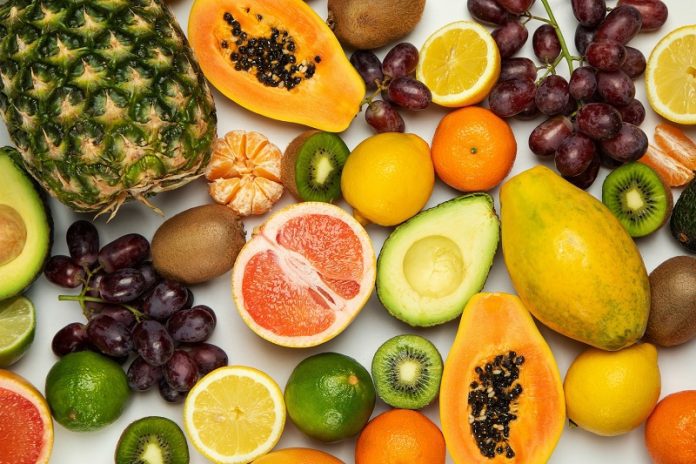
In a study from Niigata University and elsewhere, scientists found that a lower frequency of vegetable and fruit intake was linked to a higher risk of death regardless of chronic kidney disease (CKD) status.
Chronic kidney disease occurs when a disease or condition impairs kidney function, causing kidney damage to worsen over several months or years.
Diseases and conditions that cause chronic kidney disease include Type 1 or type 2 diabetes. High blood pressure.
People with advanced CKD are generally suggested to avoid eating high amounts of vegetables and fruits, because these foods may increase the risk of hyperkalemia.
High potassium (called “hyperkalemia”) is a medical problem in which you have too much potassium in your blood.
In the general population, however, lower vegetable and fruit intake is linked to a higher death risk.
In the current study, researchers examined whether the frequency of vegetable and fruit intake is associated with mortality and whether the presence of CKD changes this association.
The team examined 2,006 patients from general hospitals. Among these people, 902 (45%) and 131 (7%) were non-dialysis-dependent CKD patients and hemodialysis patients, respectively.
The team used a self-report questionnaire to check the frequency of vegetable and fruit intake.
They found that vegetable and fruit intake frequency decreased with the worsening CKD stage.
Potassium levels in the body stratified by CKD stage were similar across the three vegetable and fruit intake frequency groups (“every day”, “sometimes” and “never or rarely” groups).
During a follow-up of about 6 years, 561 participants died. People who ate vegetables and fruit more frequently had lower death risks.
A similar association was found between vegetable and fruit intake frequency and all-cause death irrespective of CKD status.
Based on the findings, researchers suggest that a lower frequency of vegetable and fruit intake is strongly linked to a higher risk of death regardless of CKD status.
The study was conducted by Minako Wakasugi et al and published in the Journal of Renal Nutrition.
Copyright © 2023 Scientific Diet. All rights reserved.





